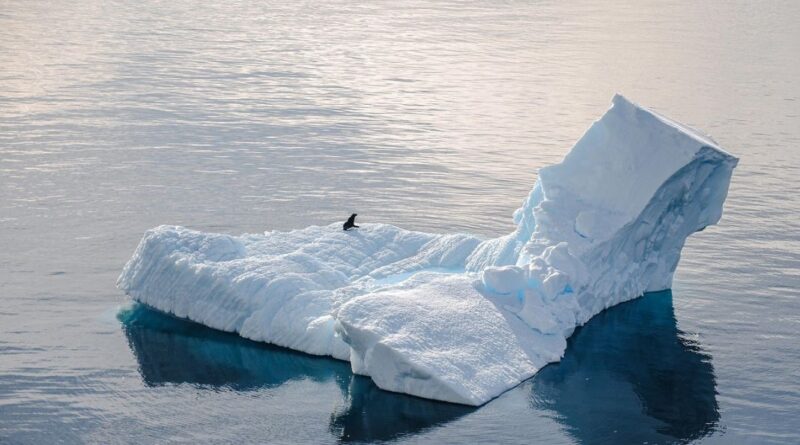Antarctica Pollution: Impact on Wildlife and Ecosystem
[ad_1]
Human intervention, more often than not, could prove detrimental to wildlife. This phenomenon has seen a surge over the past few years, with humans getting into animal territory and giving them unprecedented shocks. Al across the world, this has been true, even though directives against such intervention have come about often.
Man, in his quest to explore, has succeeded in discovering facts that were unknown to mankind. However, in the process he has also proved he is unwelcome in regions where animal life flourished. The latest example is Antarctica. Already stressed out by the changing weather conditions, animals in Antarctica are now under tremendous pressure due to human activities related to tourism.
The number of tourists flocking to Antarctica are adding to the pollution conditions in the ice-clad region. Antarctica is already fighting pollution caused by research projects happening in the region. Such pressure is growing manifold with tourists too now leaving the region to be prey to unprecedented pollution.
Tourists pushing Antarctica to the brink
It is being reported that the increasing scope of research and the surging number of tourists are pushing Antarctica to the brink. Snow-wrapped Antarctica, known for its serene environs, in effect is under tremendous threat from human intervention.
Scientists who studied this phenomenon were of the opinion that heavy metal particles in Antarctica where humans are active zoomed to 10 times more than what it used to be around 40 years ago.This rise has been attributed to the heavy flow of tourists into this pristine land.
Tourism has grown manifold, with annual tourist arrivals zooming around 20,000 to 1,20,000 over the last couple of decades. These figures reported by Physorg attributes the statistics to the International Association of Antarctica Tour Operators. This also means that human presence is putting undue pressure on the snowy continent, and that too in a major way. Ships, aircraft and other vehicles emitting pollutants as a result of fossil fuel combustion are proving to be a bane to Antarctica’s pristine environment.
Immediate measures to help Antarctica live, is a must
Antarctica’s atmosphere, melting of snow in the region has accelerated. Studies have revealed that this has been happening in areas frequented by tourists from across the world. Contamination owning to heavy metal pollution are also on the rise due to expeditions in the name of science.
The scientific community and the tourism industry now need to get their act together, if the continent has to be saved. Researchers are advocating a ban on highly polluting heavy fuel oil in this regard.
Also, the travel industry needs to look at deploying electric-hybrid ships so as to cut down the polluting fossil fuel emissions from growing. The best thing that could be down could also restricting human interventions in the name of tourism. Else, Antarctica may not live to resist the pressure, and could disappear in the long run.
[ad_2]
Source link
